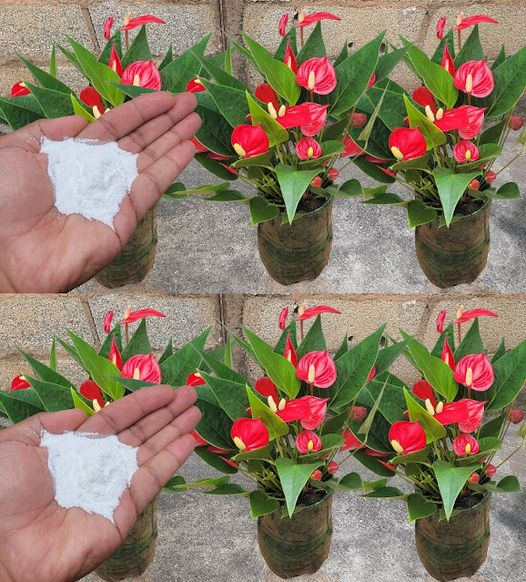ADVERTISEMENT
1. Removes mildew and mold from the soil
Mold and other types of fungus may attach themselves to your plants if there is an excessive amount of dampness. Additionally, it may be challenging to eradicate these microorganisms that are detrimental to the quality of your plants as well as an individual’s health. On the other hand, there are natural remedies that may be used to fight off mold and fungus. In order to prevent the formation of mold on your plants, a very useful piece of advice from your grandma is to use baking soda. Make your anti-mold spray by dissolving two tablespoons of baking soda in one liter of water. This will allow you to produce the spray. After that, transfer the solution to a spray bottle and use this method to routinely sprinkle your plants while you are using it.
2. Get rid of the pests
Pests have the potential to infest your garden over time. Plants may be damaged by these pests if they are allowed to invade them. A solution of two tablespoons of baking soda dissolved in one liter of water may be used to eliminate pests that have infested your plants. In order to get the best possible results, you may also include a few drops of Marseille liquid soap. After combining all of the ingredients, transfer the resultant solution to a spray bottle. You may use it to get rid of the pests that are now living in your crops.
3. Improve the health of your plants
The leaves on your tree seem to be damaged or fragile. In order to boost plants, you should be aware that baking soda is an unfailing cure. As a matter of fact, this white powder is regarded as a natural alternative to artificial fertilizers and assists in the maintenance of all of your individual plants. Combine two teaspoons of baking soda with half a liter of water to get the highest possible level of efficacy. Following the completion of the mixing process, use a microfiber cloth to apply the solution to the leaves of your plants.
continues on the next page
